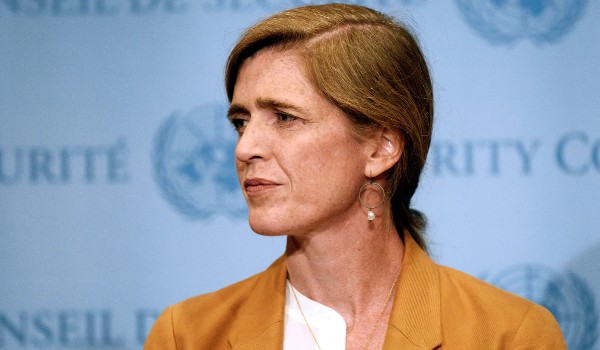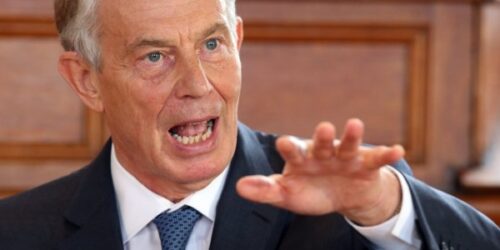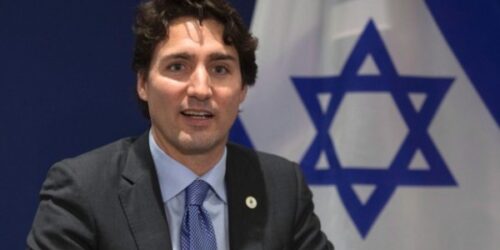Analyzing Samantha Power’s UN Speech on Anti-Semitism: Omissions and Implications
On September 7, 2016, Samantha Power, the U.S. Ambassador to the United Nations at the time, delivered a speech addressing the concerning issue of anti-Semitism. However, notable omissions in her address drew attention, particularly the absence of terms like “Muslim” or “Islamic anti-Semitism.” This omission sparked a significant discussion, as the role of religious extremism in fueling anti-Semitic sentiments was left unaddressed in an arena where comprehensive discourse is crucial.

Samantha Power’s Address
In her speech, Samantha Power addressed the growing threat of anti-Semitism across the world, expressing concern about the rise of hate speech, discrimination, and violence targeting Jewish communities. She discussed the importance of combating anti-Semitism and creating societies where diversity and inclusivity prevail.
The Omission of Religious Extremism
Despite the gravity of the topic, Power’s speech fell short of explicitly mentioning the role of religious extremism, particularly within the context of Islamic or Muslim anti-Semitism. This omission was notable given the documented instances of anti-Semitic sentiments arising from extremist ideologies within certain segments of the Muslim community. The lack of acknowledgment raised questions about the comprehensiveness of her analysis and the potential impact of this omission on the broader conversation.
Critiques and Controversies
Critics argued that by failing to address Islamic anti-Semitism, Power’s speech missed an opportunity to engage in an open and honest dialogue about the various sources of anti-Semitic sentiments. They contended that discussing extremist ideologies within any religious group, including Islam, would contribute to a more holistic understanding of the issue. Ignoring this aspect could be seen as avoiding uncomfortable discussions and missing out on a chance to foster meaningful change.
Balancing Nuance and Diplomacy
While critics found fault in the omission, others defended Power’s speech by pointing out the need for diplomatic language in international forums. They emphasized that discussing religious extremism within the context of anti-Semitism could potentially stigmatize an entire religious group, leading to unintended consequences. They suggested that Power’s focus on unity, inclusivity, and the shared responsibility of countering anti-Semitism was a strategic approach to address the problem without alienating any specific community.
The Broader Picture
Addressing anti-Semitism in all its forms, regardless of the religious or ideological origins, remains a critical endeavor. Effective discourse necessitates a balance between acknowledging the factors contributing to hatred and discrimination while avoiding the perpetuation of stereotypes. In this context, it is essential to consider the multifaceted nature of anti-Semitism, which can arise from various sources, including political ideologies, cultural biases, and religious extremism. Samantha Power’s speech at the United Nations addressing anti-Semitism highlighted the complexity of discussing a deeply rooted and multifaceted issue on a global platform. The omission of terms like “Muslim” or “Islamic anti-Semitism” led to debates about the inclusivity of her analysis. This instance serves as a reminder of the importance of engaging in nuanced conversations that address the various sources of anti-Semitic sentiments while upholding diplomatic considerations. Ultimately, the goal should be to foster greater understanding, unity, and tolerance among diverse communities.



